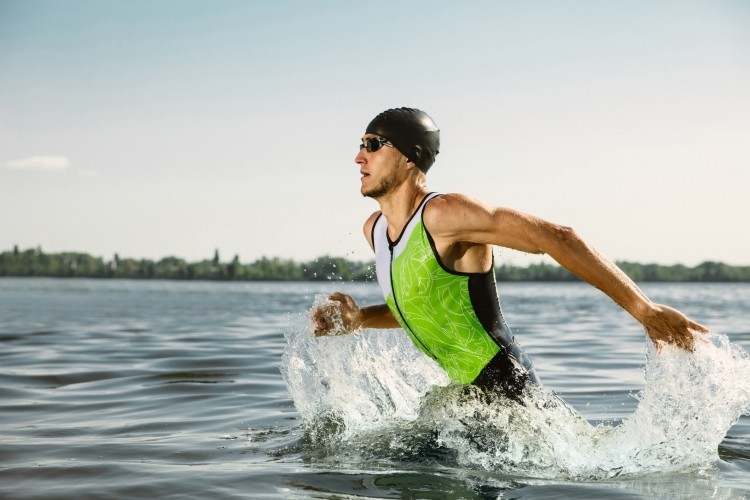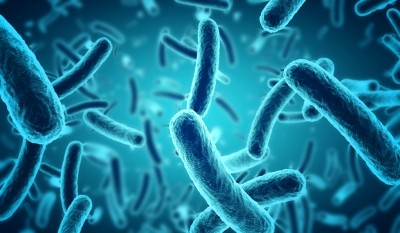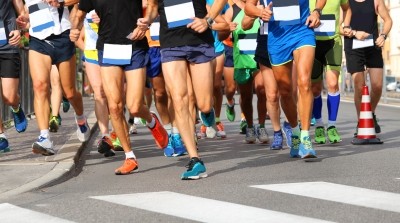Probiotics boost triathletes' endurance in trial

Data published in Nutrients also indicated that long-term supplementation with Lactiplantibacillus plantarum subsp. plantarum PS128 (formerly Lactobacillus plantarum PS128 prior to the taxonomic reclassification) also led to a significant decrease in microbiota diversity in the athletes.
“Based on our previous and current findings, we believe that L. plantarum PS128 supplementation—via modulation of microbiota—ameliorates oxidative stress and inflammation and improves performance under high-intensity exercise,” wrote scientists from National Taipei University of Nursing and Health Sciences, Taipei Medical University, and the University of Taipei
“However, more efficacy, mechanism, and safety studies with PS128 supplements should be further elucidated on different clinical populations and animal designs in the future.”
Methodological questions
Commenting independently on the study’s findings, Dr Ralf Jaeger, Managing Member of Wisconsin-based Increnovo LLC and lead author on the International Society of Sports Nutrition’s Position Stand on Probiotics, told NutraIngredients-USA that there are some gaps in the methodology.
“While there was no effect of high-dose of L. plantarum 128 (30 billion CFU per day) supplementation on body composition and endurance capacity, the authors reported a higher endurance performance in the probiotic group compared to the placebo group at the end of the study,” said Dr Jaeger.
“Endurance performance was evaluated in an open-end trial, running to exhaustion on a treadmill with increasing speed and grade. Closed-ended time trials, e.g. running a certain distance as fast as you can, are usually more meaningful measures of endurance performance, especially in triathletes. No data was reported if the probiotic supplementation increased endurance performance compared to the beginning of the study (within group differences).”
Dr Jaeger added that it is known that exercise and especially diet are major drivers of gut microbiota composition, and that while subjects underwent daily exercise during the four weeks of the study, only the triathlete’s diet was monitored.
“It seems that the diet was lacking the strict controls needed to pinpoint changes solely to the probiotic intake,” he said.
“It appears that probiotic supplementation changed the gut microbiota composition, with certain genus increasing, others decreasing, and short-chain fatty acid production increasing. It is remarkable that the probiotic supplementation decreased diversity compared to control.”
Dr Jaeger concluded: “What’s missing at this point is to be able to pinpoint changes in athletic performance to specific changes in the gut microbiota, and to actually quantify those relationships, e.g. an increase in Akkermansia by 5% increases endurance performance by 3%. What are the minimal changes in gut microbiota to see a performance benefit in athletes, and what are the optimal range of changes for performance?”
Study details
The Taiwan-based researchers recruited 20 triathletes (minimum of five years organized triathlon training at Taipei City University) to participate in their study. The participants were randomly assigned to receive either L. plantarum PS128 (30 billion CFU per day) or placebo for four weeks while continuing their regular triathlon training.
Results showed that, while there were no differences between the groups for maximal oxygen consumption (VO2max) and body composition, the triathletes consuming PS128 experienced significant increases in endurance. The control group ran about 1,000 seconds before exhaustion on a treadmill trial while the supplemented group ran about 1,750 seconds before having to quit.
In addition, the probiotic reduced microbiota diversity, with relative genera decreases noted for Anaerotruncus, Caproiciproducens, Coprobacillus, Desulfovibrio, Dielma, Family_XIII, Holdemania, and Oxalobacter. On the other hand, increases were recorded for Akkermansia, Bifidobacterium, Butyricimonas, and Lactobacillus.
Significantly higher levels were recorded for the short-chain fatty acids (SCFAs) acetate, propionate, and butyrate in the probiotic group, compared to placebo, “which might be a result of a modulation of the associated microbiota,” stated the researchers.
“L. plantarum PS128 could be potentially applied to triathletes to maintain physiological homeostasis and GI health during endurance exercise through functional microbiota modulation,” they added.
Source: Nutrients
2020, 12(8), 2315; doi: 10.3390/nu12082315
“Lactobacillus plantarum PS128 Improves Physiological Adaptation and Performance in Triathletes through Gut Microbiota Modulation”
Authors: W-C. Huang et al.














